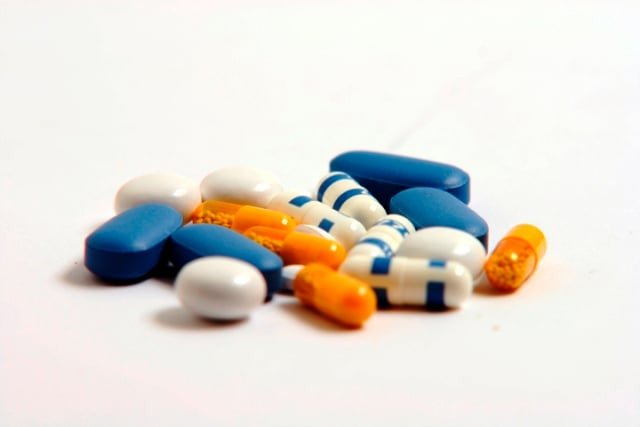Distributing death
The entire episode at the Punjab Institute of Cardiology reflects the need for an overhaul of our healthcare system.
Distributing death
At a premier government hospital institute in Lahore, intended to save the lives of heart patients, at least seven persons have died after consuming sub-standard medication handed out by the hospital. The deaths occurred after patients at the Punjab Institute of Cardiology were given medicines to help with their condition. A series of deaths were reported with the patients being rushed to hospitals across the city. The reasons for the fatalities are as yet unclear though some suggestions have been made that the medicine concerned was a blood thinner — a substance frequently administered to those with cardiac problems — but ended up affecting the blood’s platelet count. The health sectary has ordered an enquiry into the incident. But of course it is too late to save the lives of those who have died. A hospital that should have been acting to save lives instead appears to have brought about swift death. We hope the investigation that has been ordered will lead to real results and not just yet another cover-up. There is a need also to take a broader look at the picture. The Punjab Institute of Cardiology was set up as a leading heart institution. There have been previous stories about deterioration in standards within it and long waiting times for patients requiring urgent surgery. This, of course, is also the case at other government hospitals across the country. Similarly, cases of sub-standard or spurious medicines have been reported from many places.
Urgent measures are required to make medication safer and put in place checks on their manufacture and storage. Our disregard for human life is one of the reasons for why we have failed to do so as yet. The entire episode reflects the need for a complete overhaul of our healthcare system so that people can receive the attention they need when they are sick without the danger of falling into still greater peril as seems to have happened in this case. This means a greater scrutiny of the medicines that are provided to patients at government medical facilities and this can happen only with more stringent and frequent monitoring of quality at the pharmacies housed in such places.
Published in The Express Tribune, January 23rd, 2012.
















COMMENTS
Comments are moderated and generally will be posted if they are on-topic and not abusive.
For more information, please see our Comments FAQ